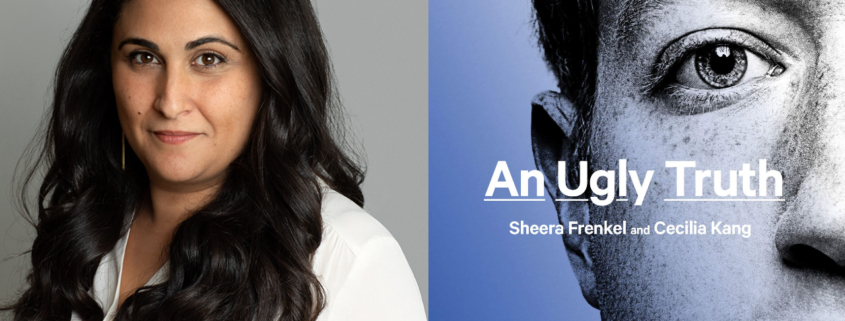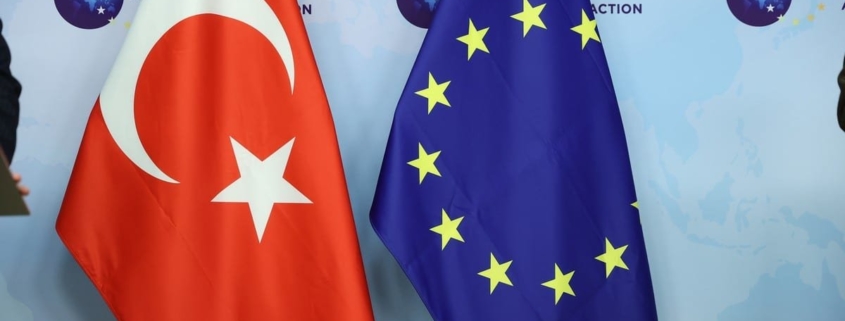Journalist warns Missouri about security breach. He’s threatened with criminal charges. – East Bay Times
JEFFERSON CITY, Mo. (AP) — Gov. Mike Parson on Thursday condemned the St. Louis Post-Dispatch for exposing a flaw in a state database that allowed public access to thousands of teachers’ Social Security numbers, even though the paper held off from reporting about the flaw until after the state could fix it.
Parson told reporters outside his Capitol office that the Missouri State Highway Patrol’s digital forensic unit will be conducting an investigation “of all of those involved” and that his administration had spoken to the prosecutor in Cole County.
The governor suggested that the Post-Dispatch journalist who broke the story committed a crime and said the news outlet would be held accountable.
The state’s schools department had earlier referred to the reporter who broke the story as “a hacker.”
The Post-Dispatch broke the news about the security flaw on Wednesday. The newspaper said it discovered the vulnerability in a web application that allowed the public to search teacher certifications and credentials.
It notified the Department of Elementary and Secondary Education and gave it time to fix the problem before the story was published.
After removing the pages from its website Tuesday, the agency issued a news release that called the person who discovered the vulnerability a “hacker” — an apparent reference to the reporter — who “took the records of at least three educators.” The agency didn’t elaborate as to what it meant by “took the records” and it declined to discuss the issue further when reached by The Associated Press.
The Post-Dispatch journalist found that the school workers’ Social Security numbers were in the HTML source code of the pages. It estimated that more than 100,000 Social Security numbers were vulnerable.
Source codes are accessible by right-clicking on public webpages.
The newspaper’s president and publisher, Ian Caso, said in a statement that the Post-Dispatch stands by the story and journalist Josh Renaud, who he said “did everything right.”
“It’s regrettable the governor has chosen to deflect blame onto the journalists who uncovered the website’s problem and brought it to the Department of Elementary…




